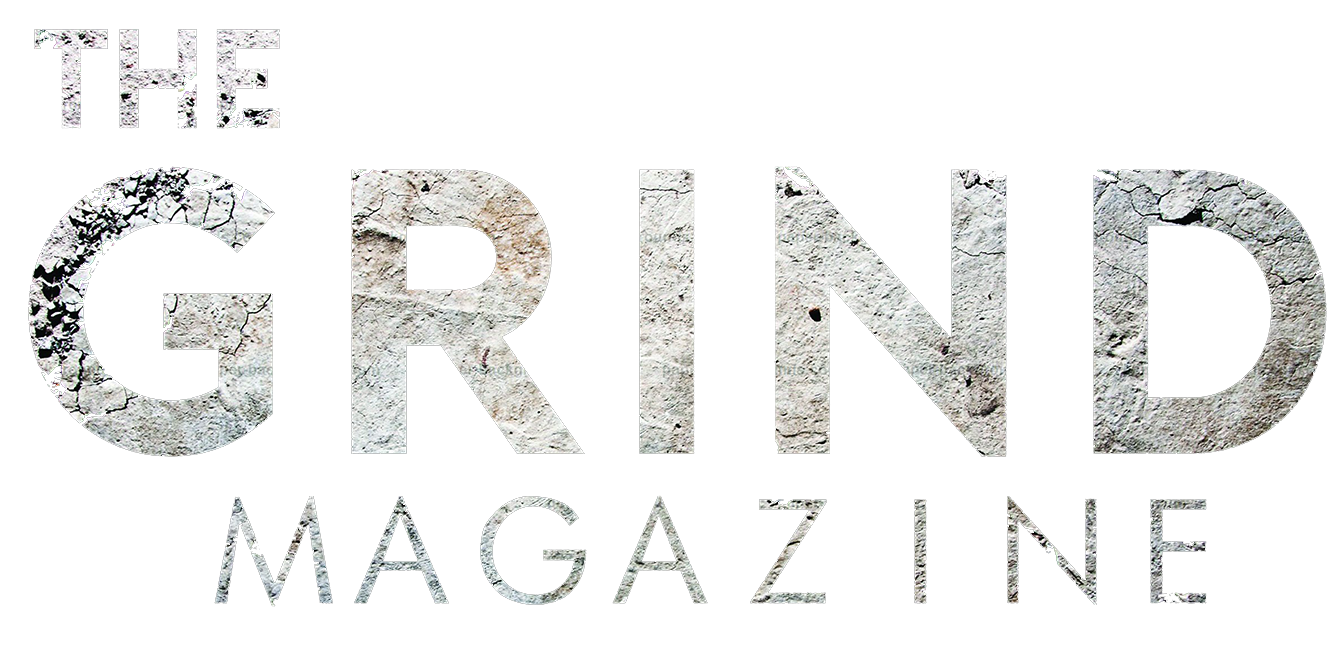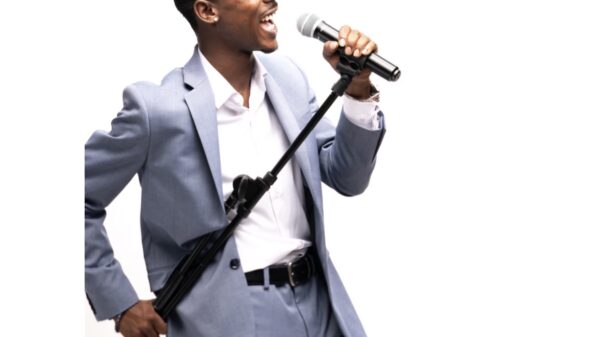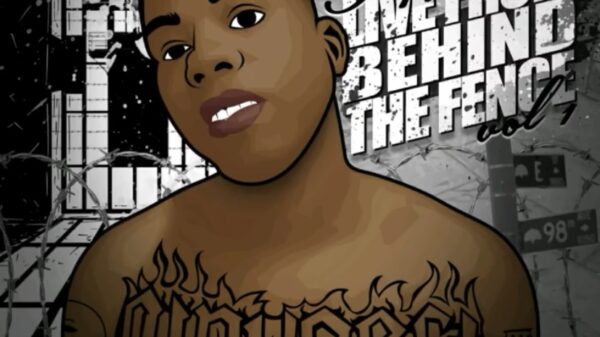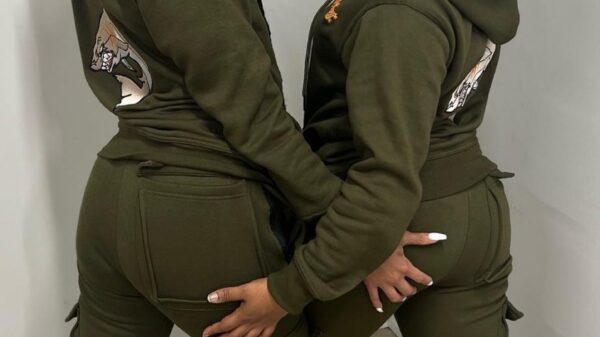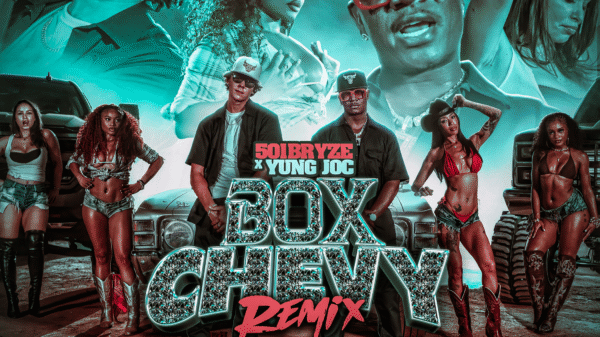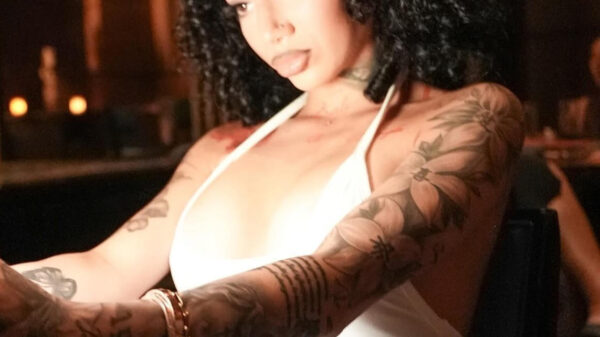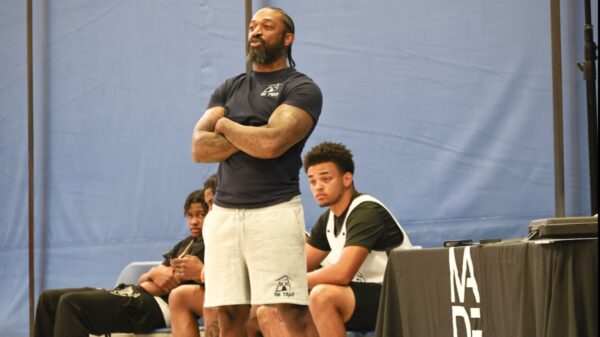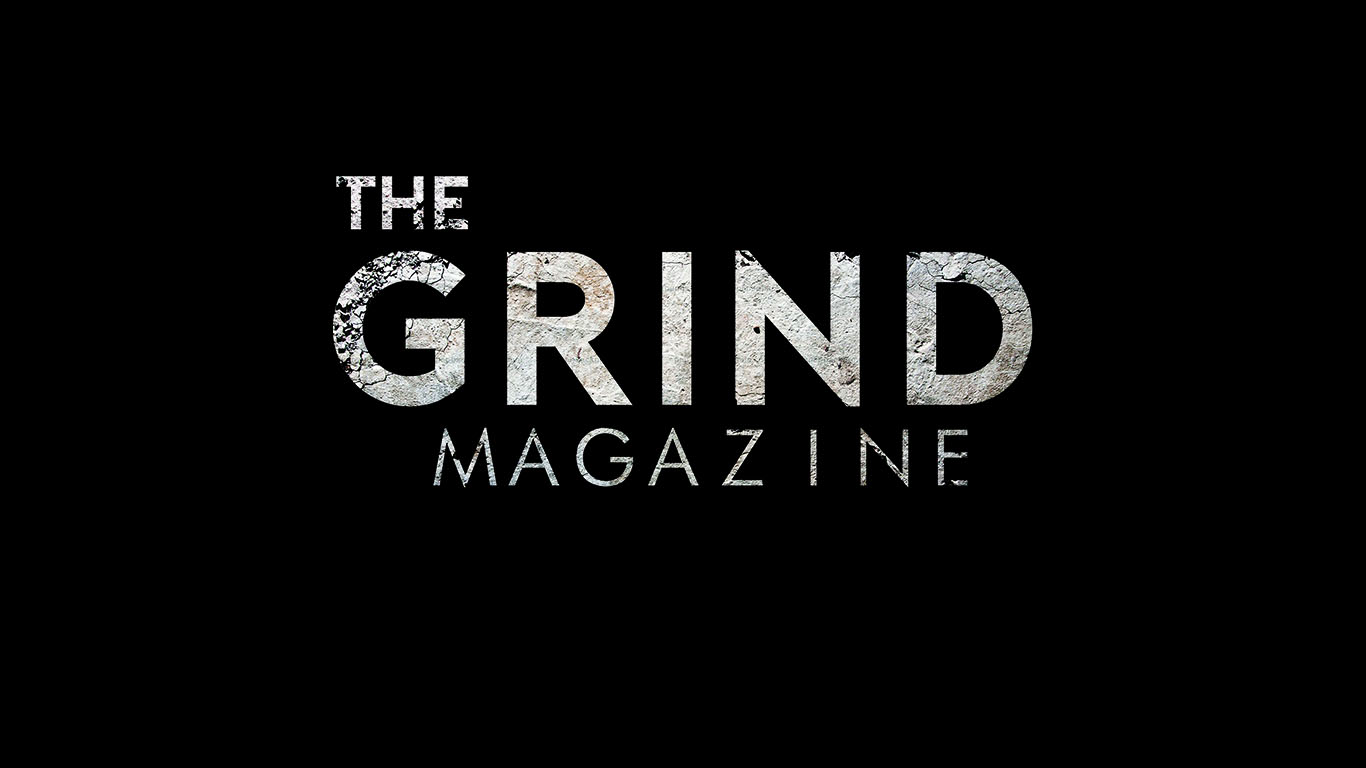Marion “Pooh” Baines II made his name behind the scenes of the West Coast music industry. As the founder of the independent label Da Trap Music, he worked with rising regional stars like KT Foreign and the late Drakeo The Ruler—artists who helped define a new era of street-rooted Los Angeles hip-hop. But over the past three years, Baines has traded the chaos of the studio for the structure of the gym.
Now known as Coach Pooh, he’s leading LA Premier Prep as head coach and overseeing his own AAU and youth development program, Da Trap Sports, carrying the same hustle and leadership that fueled his success in music into a new arena.
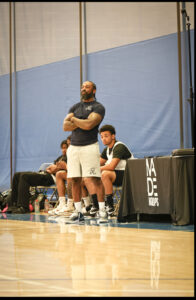
The vision for Da Trap Sports was born out of a rebrand of his own life’s purpose. “Da Trap Sports came from me already having the brand and logo, and I wanted to give the term Da Trap a positive meaning,” Coach Pooh explained. “Da Trap can be anything—you going to work, going to the gym, school, working out, training—it’s all Da Trap.”
While his name once rang out in music circles, Coach Pooh says his decision to pivot back to basketball was driven by a deeper calling. “Transitioning from music to youth sports is just basically me following my heart and going back to my passion,” he said. “I want to give back and be able to give kids a positive role model and keep them away from making the same mistakes I did as far as gangs and hustling in the streets.”
Even at the height of his label’s success, basketball never left his heart. Still, Da Trap Music created moments Coach Pooh will never forget. “My favorite memory is putting KT Foreign together with other West Coast artists making some classic music and taking them on tour,” he recalled. “They were from two different sides, one Blood and one Crip, and they went on tour and had no problems bringing both sides together. That was some of those artists’ first time even leaving the state of California. And just getting artists signed, walking them into that Interscope building and seeing their expression—that meant a lot.”
But as fulfilling as his time in the music business was, his work in youth basketball has provided a different kind of reward. “The best part of making the transition is me being able to help these kids get better and develop in basketball and putting my players into college,” Coach Pooh said proudly. “Last year out of 34 players, we put 30 in college from D1, D2, D3, NAIA and JUCO.”
The foundation for that success was laid years ago, when Coach Pooh was a standout high school player himself. “I averaged 32 points a game playing for Coach Thurman Watson,” he said. “I was a young knucklehead and he was a young coach who had just finished playing at Saint Mary’s. I patterned our relationship and his coaching style.”
When he decided to get serious about coaching, Coach Pooh leaned on the same kind of relationships that once helped him in music. “I reached out to Coach Al Caveness, who’s another well-known coach at St. Monica, and I look up to him. I also reached out to a great friend and high school teammate, the legend Reggie Morris Jr. He told me to come up to his school Redondo Union and see if this is something I wanted to do. He allowed me to be part of his program and that’s when we knew.”
He also credits other mentors for helping him get started, including Keion Kindred, a respected trainer who once worked with him during his D-League days, and Cedric Lusk, the director at OGP. “Keion had me come out in the summer and start training, and then coaching that following season—it’s been up from there,” he said. “Cedric hired me to start coaching and training at their camps and I haven’t missed a camp since.”
Coach Pooh’s journey back to basketball isn’t just about sports—it’s about redemption. “I just wanted to be able to give back and help some of these kids from making the same mistakes I did,” he reflected. “I was a great basketball player but I loved the streets more and hustling, getting fast money. I tried to mix gangbanging and the streets with basketball. I would work out for hours, then as soon as I was finished, I’d be back in the streets.”
His story is both inspiring and harrowing. “My freshman year I got shot three times, once in the head,” he said. “I still played and had a great season but that pushed all the schools away, so I had to do another year in JUCO. I killed my sophomore season and ended up still going D1, but I never left the streets alone. So I’m just trying to right some of my wrongs and give back to these kids.”
That sense of purpose drives his relationship with his players today. “My relationship with my teams and players are great, from my AAU program to my prep school players,” he said. “They all love me, including their parents.”
More than a basketball team, Da Trap Sports represents a lifestyle built on perseverance and transformation. “As a brand and organization, Da Trap Sports means everything,” Coach Pooh said. “It means hard work, success and determination—coming from nothing and turning it into something.”
Looking ahead, his vision stretches beyond the court. “The goal is to be the biggest AAU program out of Cali and be the West Coast hub for prep schools—trying to be the IMG of Cali,” he said. And as for the rest of this year? “We in season now, so the goal for the rest of 2025 is to keep God first, stay blessed and WIN.”
Even as basketball takes center stage, Coach Pooh continues to build his brand empire. “Da Trap clothing started on accident,” he said. “Da Trap was originally the name of my dispensaries, and when I would go to weed conventions I would wear shirts or sweatsuits with Da Trap on it and my logo and pass out T-shirts. Then people started wanting to buy the clothes and it ended up taking a life of its own. A lot of people tried to copy my logo and name, but the original always stands tall.”
From helping West Coast rappers find their voices to helping young athletes find their path, Coach Pooh has redefined what “Da Trap” means. For him, it’s no longer about the hustle of the streets—it’s about hard work, mentorship and creating opportunities for the next generation to win, both in life and on the court.
